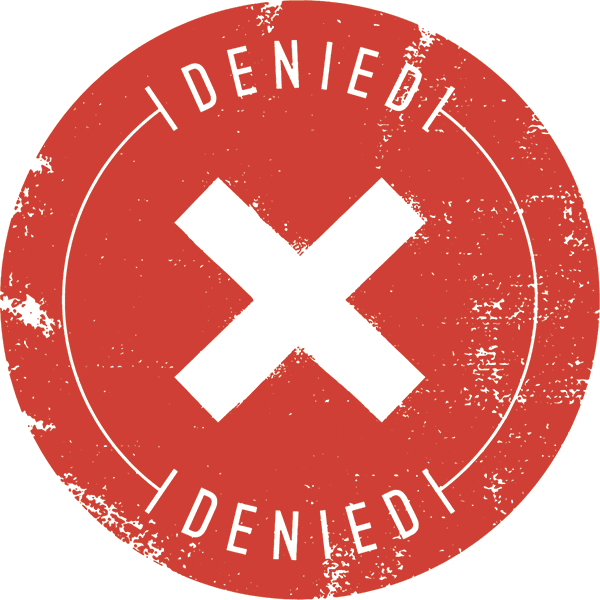Introduction
Hey friend, grab a lavender latte and slide into the studio lounge, because we’re spinning the story of Ariana Grande-Butera—songbird, whistle-note wizard, and pop’s reigning ponytail queen. Born June 26, 1993, in Boca Raton, Florida, Ari grew up in a house where business meetings and Broadway soundtracks clashed over breakfast. Mom Joan ran a graphics firm; dad Ed built a tech empire—so yes, the rent was paid and the piano lessons never skipped. Still, talent was the engine. Tiny Ariana belted “The Greatest Love of All” at preschool graduations, out-singing the PA system and sending camcorder tapes straight to the family archive.
By age ten she’d sung “The Star-Spangled Banner” at Florida Panthers games, balancing on tiptoes to reach the mic. Two years later she flew to New York, auditioned for the all-teen Broadway musical 13, and landed the role of Charlotte, flaunting riffs swiped from Kelly Price CDs. Nickelodeon producers hunting for comedic sparkle recruited her for the sitcom Victorious in 2010. There, red-dyed hair and helium giggles masked nights spent practicing Brandy runs on her dressing-room keyboard.
Still, Ariana’s compass pointed toward R-and-B. She soaked up Donny Hathaway phrasing and Mariah Carey whistle breaks, then begged studio heads to let her record soul-leaning demos. Yours Truly (2013) finally arrived, draped in ’90s-era harmonies cooked up by Babyface and Harmony Samuels. Black Twitter blinked: “Is that a Boca Raton kid or a mini Mariah?” Co-signs followed—Mac Miller on “The Way,” Big Sean on “Right There,” Childish Gambino on “Break Your Heart Right Back.” Grammy stages soon glowed with power notes and trap 808s.
Ari’s world tilted in 2017 when a terrorist bombed her Manchester concert, killing 22 fans. Heartbreak could have muted the microphones, but she returned weeks later for the One Love Manchester benefit, sharing the stage with Black Gospel choirs who wrapped grieving teens in soaring “My Everything” refrains. That same empathy carried into 2020 protests—Ari marched, donated, and blasted bail-fund links to her 80-million-plus Twitter followers.
Yet cultural love comes with scrutiny. Deep spray-tan selfies sparked “Grande-Calabashian” memes; her flow in 7 rings mirrored Princess Nokia’s “Mine,” lighting appropriation alarms. Some critics call her a genre tourist—collecting R-and-B aesthetics without living its struggle. Others applaud her allyship but question whether it’s enough to crack the most guarded linguistic vault. Which brings us to today’s delicious dilemma: can Ariana breeze into the cookout, riff “Weak” by SWV, and drop the N-word without auntie side-eye?
Let’s break down history, hustle, pros, cons, and cultural nuance before we stamp any imaginary pass.
Cultural Context & Historical Background
The N-word’s origin story is carved from chains and auction blocks. Over centuries it morphed—hard-edged slur into in-group colloquialism—but its weight never lightened. Black communities guard the reclaimed version like a family crest; outsiders remain guests, no matter how soulful the falsetto. In the late ’90s, message-board banter birthed the idea of the “N-word pass”—a joking permission slip for non-Black buddies who’d earned deep trust. Meme culture then laminated that wink into printable coupons, selling taboo as novelty merch.
Our satirical Official N-Word Pass™ throws a mirror on this absurdity: can pain be licensed like software? To answer for Ariana, we weigh reciprocity: does she uplift creators, credit pioneers, and correct missteps—or simply profit off proximity?
Pros
Sustained Collaboration With Black Creators
From Babyface to Pharrell to Victoria Monét, Ariana’s catalog is co-written, produced, and arranged by Black talent she highlights in interviews and liner notes.
Public Stance on Social Issues
During 2020 uprisings, she marched in Los Angeles streets, livestreamed bail-fund links, and matched fan donations without brand-manager coaching.
Financial Support for Black Wellness
She funded 25 therapy scholarships for Black women via the Loveland Foundation and funneled tour merch proceeds to the Black Music Action Coalition.
Respectful On-Record Language
Despite features with Nicki Minaj, Ty Dolla $ign, and The Weeknd, Ariana never utters the slur in lyrics or ad-libs, signaling self-imposed boundary lines.
Vocal Credit and Royalty Corrections
After 7 rings backlash, she added new writers to royalty splits—Princess Nokia, Soulja Boy’s publishing teams—turning critique into compensation.
Cons
Repeated “Brown-Girl Aesthetic” Controversies
Spray-tan levels fluctuate beyond Mediterranean into melanin cosplay, sparking accusations of digital blackface.
Borrowed Trap Flows Without Pre-Clearance
Only after social-media pressure did she credit Black creators for melodic and rap cadences on 7 rings and “thank u, next” remixes.
Limited Day-to-Day Immersion
Outside studio sessions, Ariana’s social feeds seldom show sustained presence in Black community events—no PTA meetings in South LA, no consistent fundraising for HBCUs.
Pop-Algorithm Advantage
Streaming platforms slot her on pop editorial lists even when she’s riffing like Jazmine Sullivan, reinforcing a system where Black peers battle genre pigeonholes.
Late Arrival to Broader Racial Advocacy
Before 2020, Ari’s activism centered mainly on LGBTQ causes; consistent anti-racism messaging has been reactive, not proactive.
Deeper Cultural Analysis
Hip-hop’s core currency is authenticity sharpened by lived experience. Ariana’s vocal fluency is undeniable—she riffs like she chewed Brandy ad-libs for breakfast. Yet musical mimicry can’t replicate generational struggle. Black art isn’t just technical runs; it’s survival stories in 4/4 time.
Cultural exchange demands reciprocity: share the profits, cite the sources, amplify the marginalized. Ariana practices parts of this—royalty corrections, producer spotlights—but still benefits from a system that races her to radio ahead of equally talented Black singers. Colorism isn’t a moral failing of hers alone, but allyship means confronting that privilege publicly and relentlessly.
There’s also the matter of appropriation cycles. When deep tans and trap flows trend, Ariana leans in; when critique surfaces, she lightens the bronzer and pivots aesthetic. That elasticity keeps brand deals safe, but communities notice pattern over apology.
Final Verdict
No — Ariana Grande Does Not Receive the Official N-Word Pass
Talent, philanthropy, and moments of genuine solidarity weigh heavy, yet not enough to override aesthetic oversteps, reactive accountability, and systemic advantage she hasn’t fully challenged. The cookout doors remain open—Ariana is welcome to sing, donate, and uplift—but the laminated pass stays behind the aunties’ purse clasp until consistent, proactive redistribution and reckoning outshine curated riffs. In short: keep loving the culture, keep paying the originators, and keep that lyric sheet N-word-free.















